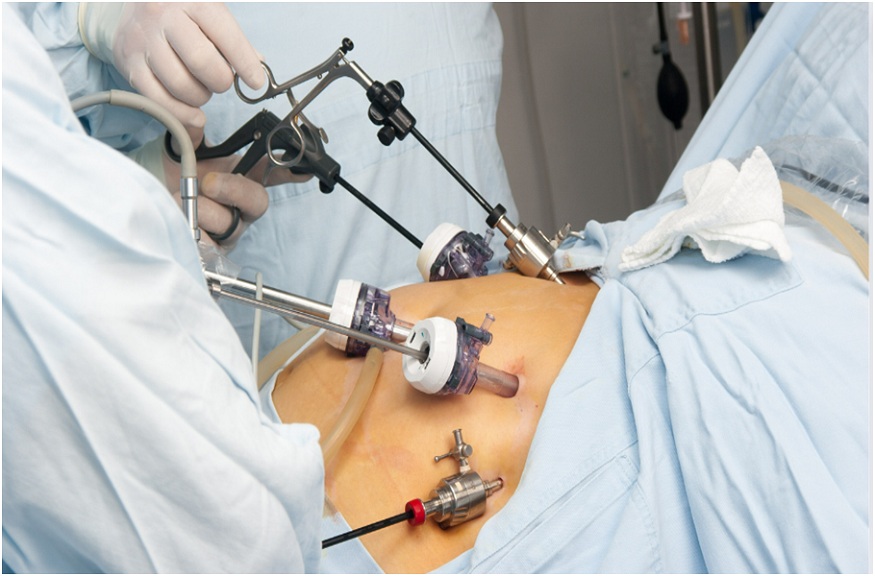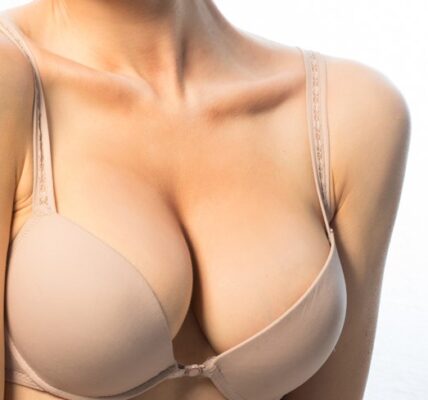Gastric bypass surgery is a weight loss procedure that helps individuals struggling with obesity to lose weight by reducing the size of their stomach and changing how their digestive system absorbs food. This surgery is often recommended for patients who have tried other methods of losing weight without success. When considering gastric bypass in St Louis, MO, it is essential to understand the dietary restrictions and changes that come with this procedure. In this article, we will discuss some foods that you should avoid after undergoing gastric bypass surgery.
The Importance of Dietary Changes After Gastric Bypass Surgery
After gastric bypass surgery, your stomach will be much smaller, limiting the amount of food you can eat at one time. This means that it is crucial to make dietary changes to ensure you are getting enough nutrients while also avoiding foods that may cause discomfort or weight gain.
Following your surgeon’s dietary recommendations after gastric bypass surgery is essential for a successful and healthy recovery. Not following these guidelines can lead to complications such as dumping syndrome, malnutrition, and weight regain.
Foods to Avoid After Gastric Bypass Surgery
1) High-fat foods: These include fried foods, fatty meats, and high-fat dairy products like whole milk and cheese. The small stomach pouch created during gastric bypass surgery cannot handle high-fat foods, leading to discomfort and possibly dumping syndrome.
2) Sugary foods and drinks: These include soda, candy, ice cream, and other high-sugar treats. The small stomach pouch created during surgery may not be able to tolerate these sugary foods, leading to dumping syndrome. Additionally, consuming sugary foods can also cause weight gain.
3) Tough or fibrous meats: Steaks, tough cuts of meat, and fibrous meats like pork and lamb can be difficult for your new stomach pouch to digest. It is best to stick with lean proteins like chicken, fish, and tofu.
4) Carbonated drinks: The carbonation in soda, sparkling water, and other fizzy drinks can cause discomfort for gastric bypass patients. It is best to stick with plain water or unsweetened tea.
5) Alcohol: After gastric bypass surgery, alcohol is absorbed differently by the body, leading to higher levels of intoxication. Additionally, alcoholic beverages are high in calories and may contribute to weight gain.
Other Considerations
In addition to these specific food items, other factors should also be taken into account when planning your post-surgery diet. These include:
- Portion sizes: After gastric bypass surgery, it is essential to eat small, frequent meals instead of large portions.
- Chewing and eating slowly: Chewing your food well and taking your time while eating can help prevent discomfort and promote proper digestion.
- Drinking liquids separately from meals: It is recommended to wait at least 30 minutes before and after meals to drink liquids. This helps prevent overfilling the stomach and promotes proper digestion.
- Nutrient supplementation: After gastric bypass surgery, your body may have difficulty absorbing certain nutrients, so it is important to take supplements as directed by your surgeon or nutritionist.
Conclusion
Gastric bypass surgery can be life-changing for individuals struggling with obesity. However, making dietary changes after this procedure is crucial for a successful recovery and maintaining long-term weight loss results. By avoiding high-fat and sugary foods, tough meats, carbonated drinks, alcohol, and solid foods in the early stages of recovery, you can ensure a healthy and comfortable transition to your new lifestyle.It will also help you to know about gastric bypass and gas so that you can be better prepared for the post-surgery experience. Remember to follow your surgeon’s dietary recommendations and seek advice from a nutritionist to ensure you are getting proper nutrition while avoiding foods that may cause complications or weight gain.







